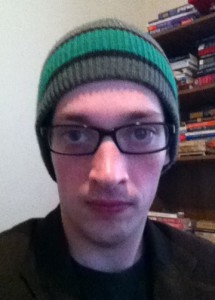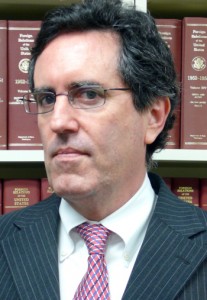
Libraries Hurt If Net Neutrality Dies
The Washington Post blog The Switch interviewed the American Library Association’s Director of Government Relations Lynne Bradley in the article “Why The Death of Net Neutrality Would Be A Disaster For Libraries” about how libraries would be adversely affected without net neutrality. As public institutions with most of their resources online, libraries rely on free Web to serve their users and provide information. With budgets already stretched to their limits, libraries will not be able to afford to pay to ISPs. More people are going to the public libraries to have access to the Internet and other digital services. If that is taken away, not only will libraries suffer, but public education institutions will also suffer.
Continue reading “Stephen E. Arnold: Libraries Hurt If Net Neutrality Dies”






